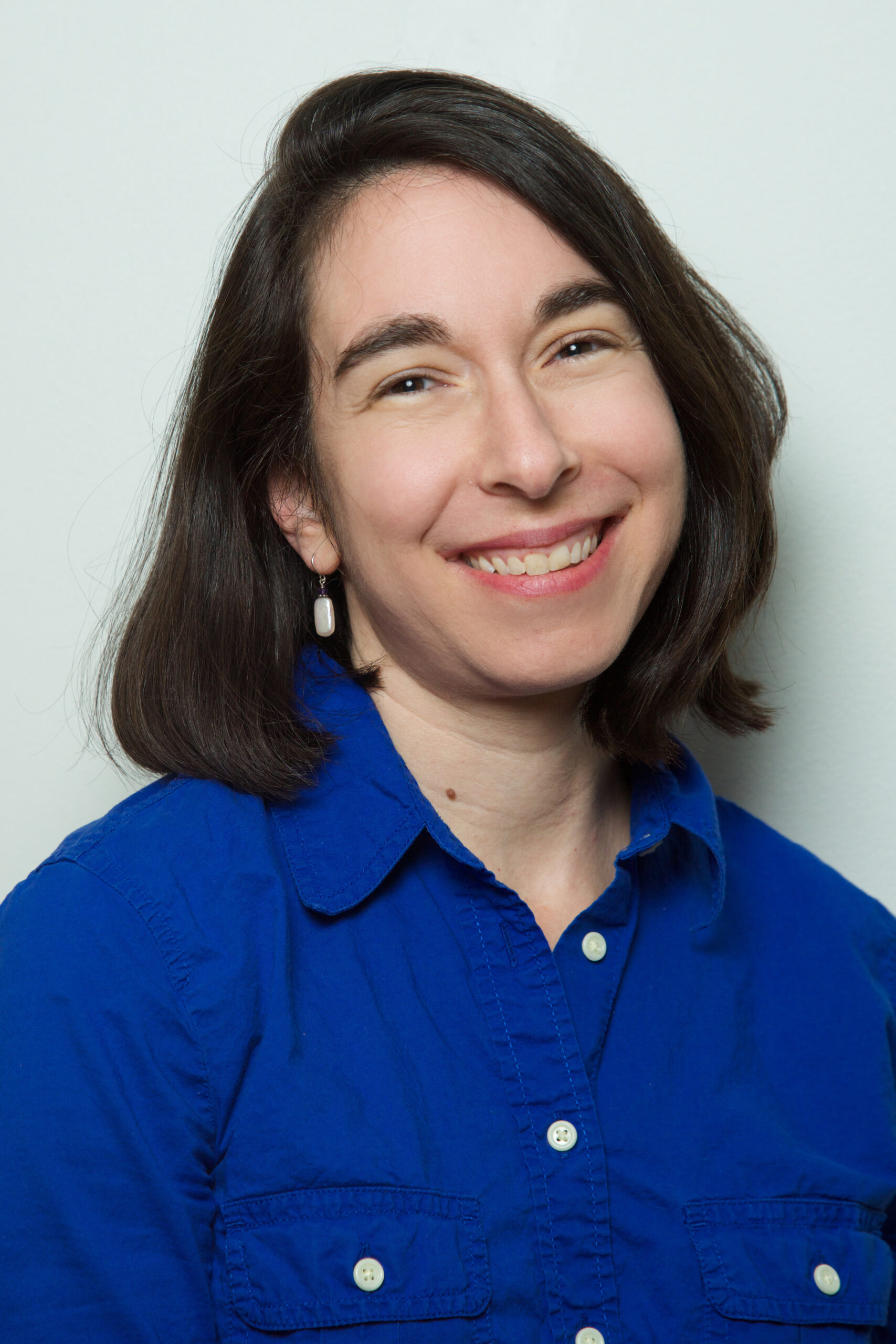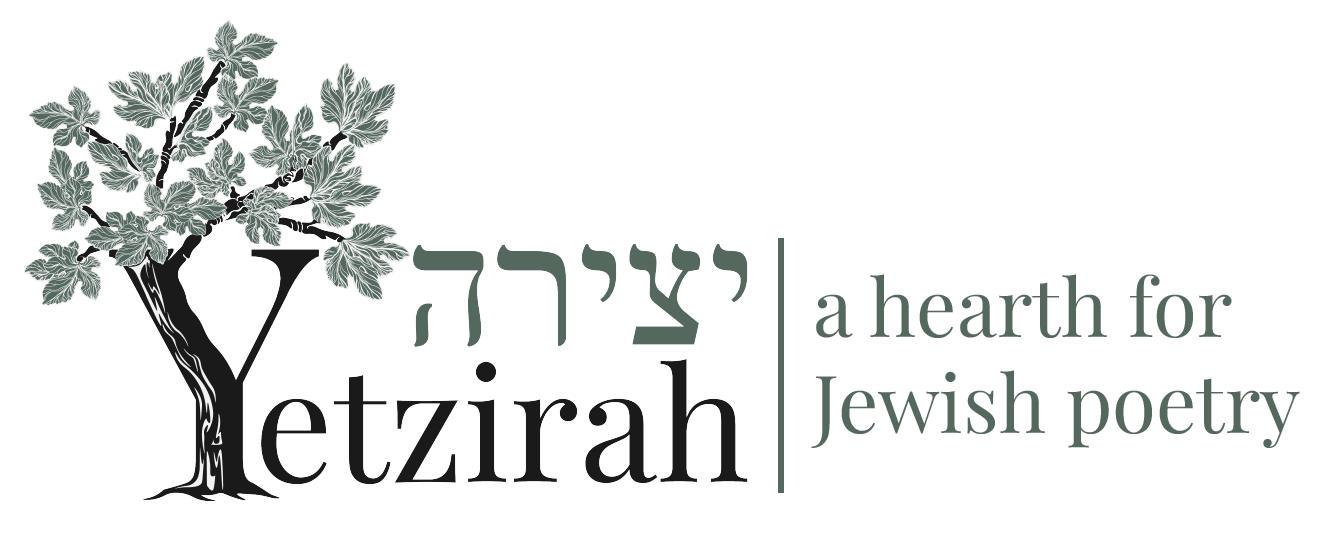
Robin Silbergleid
Current City, State, Country
Birth City, State, Country
Biography
Robin Silbergleid is a writer who works in the areas of creative writing (poetry and creative nonfiction), twentieth- and twenty-first century American literature and culture, autotheory, and motherhood studies. Her creative work focuses on issues of domesticity and the female body, specifically queer motherhood, reproductive loss, and infertility. She is the author of the poetry collection The Baby Book (CavanKerry Press, 2015) and the memoir Texas Girl (Demeter Press, 2014), as well as the chapbooks In the Cubiculum Nocturnum (Dancing Girl Press, 2019) and Frida Kahlo, My Sister (Finishing Line, 2014); she is also co-editor of Reading and Writing Experimental Texts: Critical Innovations (Palgrave, 2017). Additionally, she works with the international art, oral history, and portraiture project The ART of Infertility; she co-edited the related anthology Infertilities, A Curation (Wayne State UP, 2023) with her collaborators. Her work-in-progress, The Old Country, explores her family’s immigration from the place they called Russia (now Ukraine) at the turn of the twentieth century. She is Professor of English at Michigan State University.
What is the relationship between Judaism and/or Jewish culture and your poetry?
The shortest possible answer to this question is that I’m Jewish and I’m a poet, a convergence which has become increasingly significant to me over the past few years.
More specifically, I have been working on a collection of poems tentatively titled The Old Country (possibly Matryoshka) since 2018; the project deals with my family’s history of emigration from Eastern Europe at the turn of the twentieth century and my relatives’ establishment on a farm in New Jersey, as a way of exploring the Jewish diaspora and Jewish-American assimilation more broadly.
I began this avenue of inquiry during the Trump Presidency, when Neo-Nazis who committed hate crimes were described as “very fine people.” I was trying to figure out what it meant to be “Russian” when my maternal great grandparents fled Russia in response to the pogroms that killed thousands of Jews. Three generations of silence and intergenerational trauma stood in the way of the truth. Last spring, my uncle passed along an attempt at family genealogy, which mostly led to dead ends. The last names of both my maternal great grandfathers were, it seems, made up entirely, even before Ellis Island; other records were lost in a fire. It was unclear what cities they came from, the number of relatives they left behind, whether they eventually were able to leave Eastern Europe or died, later, in the concentration camps. Likely because of these familial silences, the idea of Russia has always fascinated me—it was and wasn’t my maternal homeland. In a prescient and ironic turn, the week Putin invaded Ukraine, I learned it, not Russia, was my family’s true country of origin.
While this project is anchored in my own family’s experience and holds personal significance, it is not intended to be a limited account of family history for a private audience but a deeply researched exploration of Jewish-American experience over the long twentieth century. My great grandparents were four of the approximately two million Jews who left Eastern Europe for the United States and Israel from 1880 to 1920; in this way, the project meditates on both the individual and collective experience of the Jewish diaspora. Some of the questions driving this collection include: What experiences and narratives framed the Russian-Jewish immigrant experience at the beginning of the twentieth century? What were the particular experiences of immigrants, like my great grandparents, who chose to settle in rural rather than urban areas? How did Russian-Jewish migrants confront and contend with their otherness—that is, with differences in language, appearance, habits, and beliefs that set them apart from the rest of the population? How did they raise their children as Jewish, and also as American; that is, what was the nature of their assimilation? What were the particular roles of women, like my great grandmothers, in disseminating culture through their cooking and their stories? And what is the intergenerational legacy of traumatic migration and anti-Semitic violence?
Published Works
Poetry
In the Cubiculum Nocturnum (Dancing Girl Press, 2019)
The Baby Book (CavanKerry, 2015)
Frida Kahlo, My Sister (Finishing Line, 2014)
Prose
Texas Girl (Demeter Press, 2014)
Edited Collections
Infertilities, A Curation (Wayne State UP, 2023)
Reading and Writing Experimental Texts: Critical Innovations (Palgrave, 2017)
Links to Sample Works
Video Reading
Current Title
Education
Illinois State University, B.S., 1994
Indiana University, M.F.A., 2000
Indiana University, PhD, 2001
